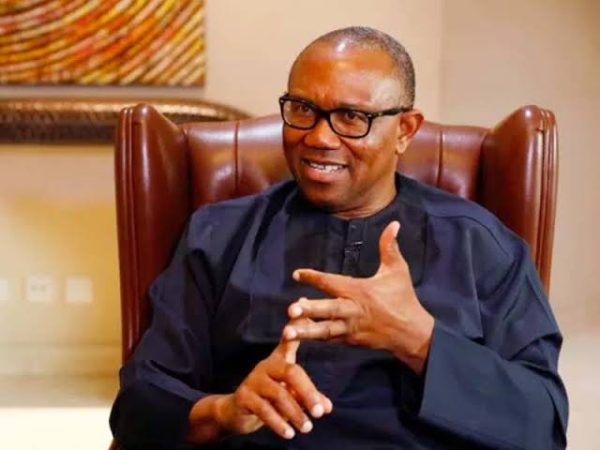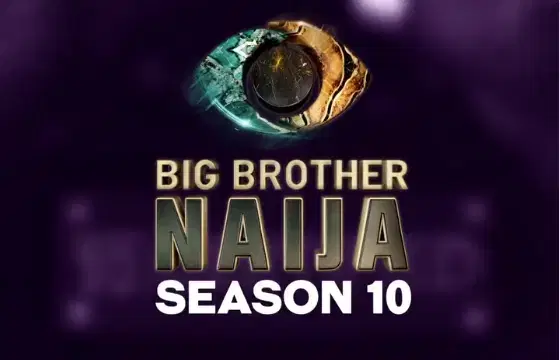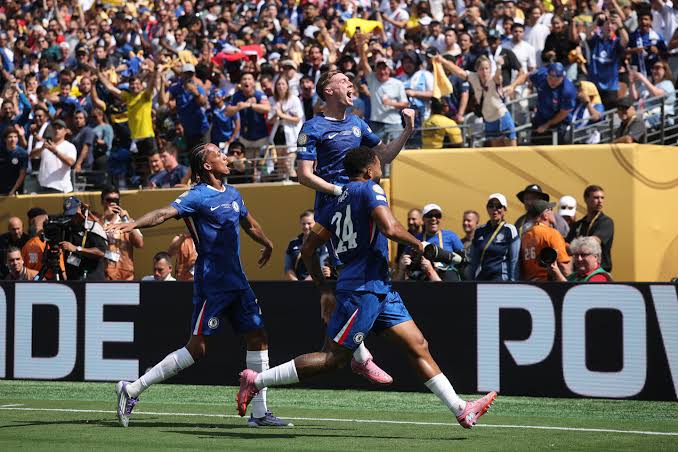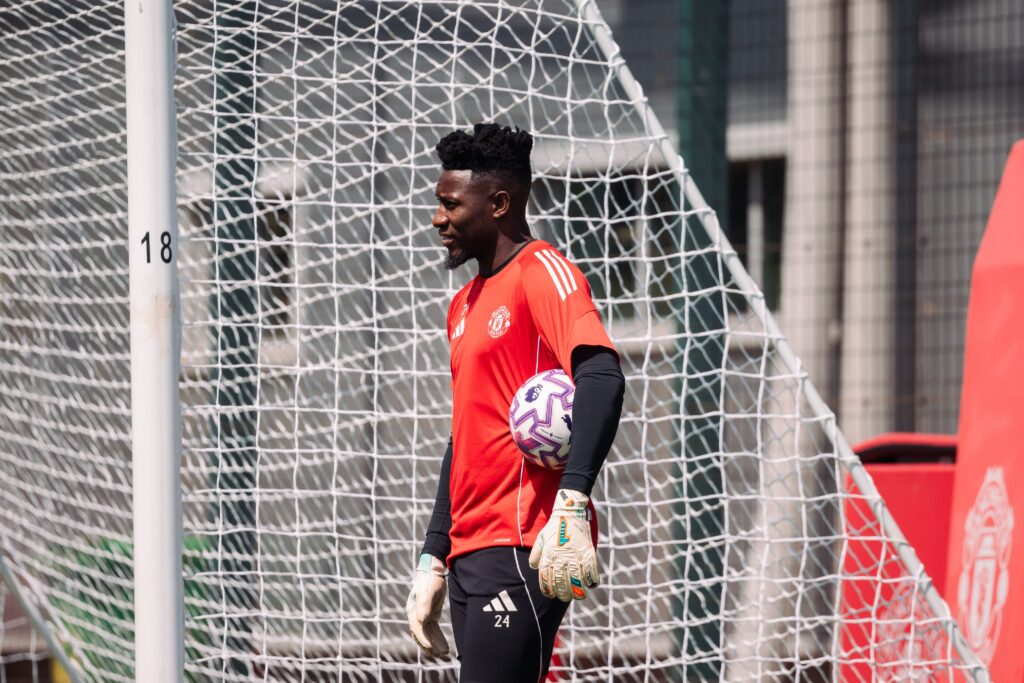Increased engagement, transparency… how social media is redefining electioneering in Nigeria

By Quadri Yahya
In a democratic society, elections determine how the government changes periodically. The popular party often takes the lead and sometimes wins elections. This has been the case in Nigeria over the years.
The pivotal factors in this is the precedence of the candidate and the popularity of the party. As such, candidates boast of their “records”, while political parties on the other hand, and more importantly, work towards gaining a significant popularity among the people.
This strategy largely determines a party’s chances at the poll.
In the early years of political activities in Africa’s most populous country, parties were keen on campaigning to the people at the grassroots. Obviously, this aligns with a belief that all politics is local.
In Nigeria, election campaign is dynamic. From declaration of ambition to picking up form to contesting at polls, political aspirants usually devise all means to come out victorious. Garnering popularity comes first in order to have confidence of winning the election.
Before now, majority of political activities are often physical in Nigeria.
Political parties usually deploy members for grassroots mobilisation and door-to-door campaign through the word of mouth.
Sponsoring of jingles on media, posting of posters, singing songs in Nigerian local dialects by party members as well as gathering a crowd to disseminate electoral promises defined the political era in the country.
But this is changing with the advent of social media.
As of January 2022, there are estimated 109.2 million internet users in Nigeria.
THE SOCIAL MEDIA REVOLUTION
A year to the 2015 election, Muhammadu Buhari saw the need to open a Twitter account. The reason is clear: to reach the over 300 thousands young people on the microblogging platform. Buhari’s move was a fruitful strategy as he hits 12,000 followers who are also his potential supporters.
He eventually won the election.
To further understand how social media has impacted political life in the country in recent times, majority of the presidential candidates trend with #hashtags. The likes of #Obidient, #BATified, #Atikulate, #kwankwasiya among others continue to appear in top trends.
Likewise, candidates now take to social media to canvass for votes, express opinions on national issues and occasionally engage influencers to disseminate misinformation in their favour, as a BBC investigation revealed.
On the part of the citizens, social media has become a tool for mobilisation. This has played out in various ways, including sharing of graphics to inform supporters of a candidate or political party about a campaign rally or townhall meeting.
It is also used in updating party members nationwide of new development; hosting discussions — such as instance Twitter spaces — calling for donations among many other engagements.
Despite online presence, political parties still organise rallies in streets during electioneering period.
There are also handful of posters, radio and television jingles as well as debates.
THE GAPS
There is no doubt that the social media has the potential of boosting the popularity of candidates vying for political positions.
It is therefore not surprising that politicians use tricky ways on social media to pass a strong message to the electorates: we are popular and present everywhere.
This methodology has been uncovered as accounts of major candidates on Twitter are followed by robots.
According to a bot analysis by the Centre for Journalism Innovation and Development (CJID), 80% of followers of major candidates in the 2023 elections are robots.
“Using Botometer and Botsight tools”, CJID said, “we found there are more than 1 million bots following them (presidential candidates) on Twitter. Bola Ahmed Tinubu, the All Progressives Congress candidate, had one million followers as of February 2022. Currently, he has 1.4 million followers: an addition of 400,000 followers within eight months. Our bot analysis revealed 17.1% (248,000) of the followers as bots, fake accounts created within that period.
“Peter Obi had 705,600 followers as of February 2022. Currently, the Labour Party candidate has 2 million followers, a tremendous increase of 1.3 million followers within eight months. Analysis of these followers revealed that 26.55% (531,000) are bots. These are fake accounts created to follow Mr. Obi on Twitter. The same picture emerges across all the candidates.”
The foregoing show that in most cases, social media popularity of candidates hardly translates to election victory.
Nigeria, for instance, has an estimated population of over 200 million people.
The larger segment of the population, and by extension, the real voters are usually not active users of the social media.
This implies that in Nigeria, the popularity of candidates on social media does not guarantee automatic victory.
THE CONCERNS
There is no doubt that the social media has come to stay. Facebook, WhatsApp, Twitter, Instagram, Tiktok and bunch of others dominate and define citizens’ participation in elections across the world.
However, the new development also poses potential harm to the country’s democracy.
Electoral violence is a sensitive issue in Nigeria. The impulse to share dis-and mis-information on social media constitutes threat to electoral process. These issues top the worry of the electoral umpire, the Independent National Electoral Commission.
There is a growing advocacy for media literacy while soldiers of fact-checkers are also combating misinformation on social media.
But there is more to be done as social media continue to redefine electioneering in Nigeria.




